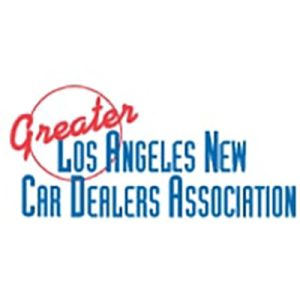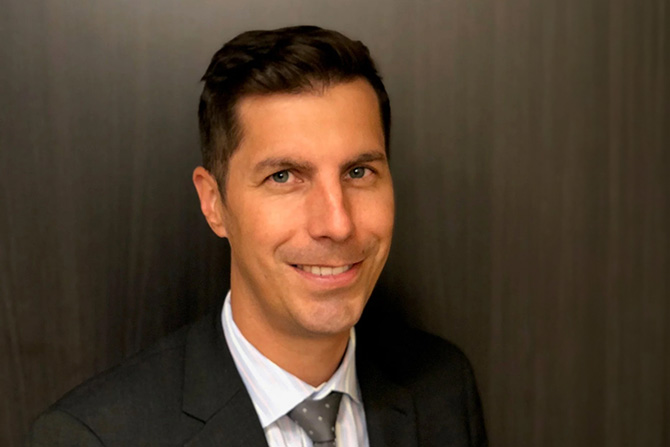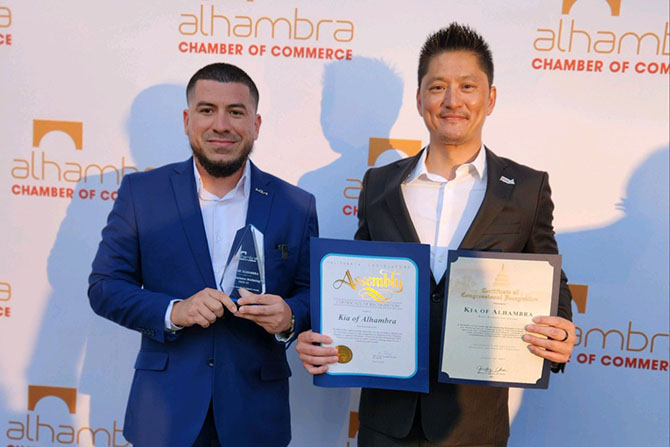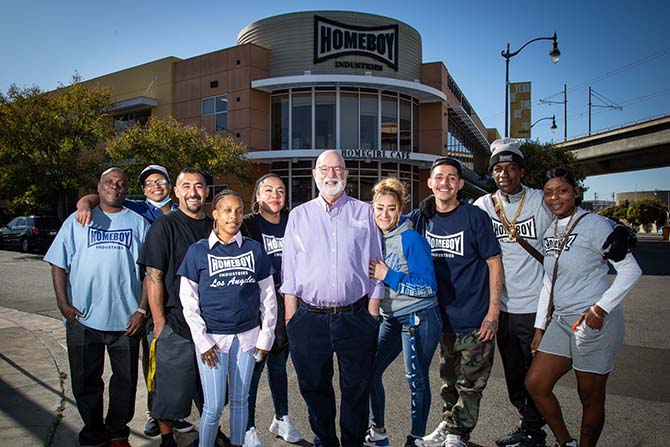Peter Browning is a third-generation dealer. His grandfather, Richard Browning, founder of the Browning Automotive Group, began his automotive career in 1934 when he joined the used car department of C. Stanlee Martin Oldsmobile in Long Beach, CA. Between 1934 and 1960, he worked in all departments, eventually becoming part owner and general manager. In early 1960, he purchased the entire dealership and re-named it Dick Browning Oldsmobile.
The business continued to operate successfully as an exclusive Oldsmobile dealership in Long Beach from 1960 until 1980. With space limitations from business increases and an aging facility, the decision was made to relocate to an entirely new facility in the then-new Cerritos Auto Square in late 1980. Upon relocation to Cerritos, the business name became Browning Oldsmobile-Isuzu.
The Cerritos Auto Square became one of the premier auto sales locations in the United States shortly after opening in 1980, and Browning Oldsmobile Isuzu enjoyed great success. The opportunity to represent Dodge in Cerritos resulted in the opening of Cerritos Dodge in 1984. The group was also privileged to be one the first Acura dealers in the United States with the opening of Cerritos Acura in 1986. Although the Oldsmobile-Isuzu franchises have been replaced by Mazda, the Browning Mazda, Cerritos Acura and Cerritos Dodge franchises continue to operate successfully in the Cerritos Auto Square.
With the death of the founder, Richard Browning, in 1991, ownership of the Browning Automotive Group passed on to his son, Kent Browning, who has been with the Browning Automotive Group since 1975.
The Browning Automotive Group of today consists of 14 franchises in 7 locations, employing over 700 professionals. Peter Browning is the vice president of the Browning Automotive Group.
We recently had a chance to talk with Peter about his career and the industry. The following are excerpts from our conversation.
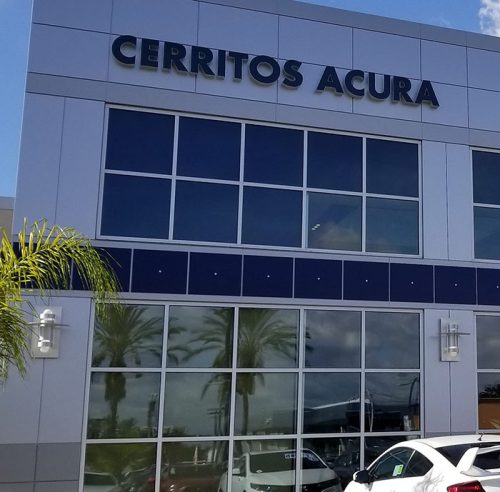
Why did you decide to follow in your grandfather and father’s footsteps and join the family business?
I was 12 years old when I had my first job at the dealership. My father didn’t want me sitting around all weekend, and he said, “You’re coming to work with me, and we’re going to put you to work.” I spent four summers at the location in Cerritos, stocking and ordering parts. Eventually, I was helping with used cars: preparing them for auctions and their acquisitions. I got my feet wet early on in the business.
I wasn’t initially too hot on joining the family business; I think it was the hot summers that got to me. I went to college, and I was in a completely different line of work for about 15 years. It came time for my father to decide what he was going to do. He came to me and said, “The leadership is moving on or passing on. I’m going to sell it if you don’t want to join. What do you want to do?” I looked at what I was doing, and I thought maybe it’d be time for a change, so I took on the challenge and joined the family business. That was in 2017 and I have really enjoyed my work.
What do you think are the biggest issues facing the auto industry today?
Overregulation of the sales process, in California particularly. We have a more difficult time with employment-related rules and regulations that we have to follow. We have special laws regarding class action lawsuits that employees can bring against employers, and at times, it is difficult to follow the letter of the law. These laws don’t just affect this industry but a lot of retail and restaurant industries as well.
We have to deal with the electrification push. While I’m all for electrification, we are getting the car ahead of the horse and pushing products that the market isn’t ready for. The government is telling the market what to do without finding adequate support to help get it done. Dealers are all-in, but we need to get the infrastructure in place first.
What can be done to address these issues as a dealer?
Working with fellow dealers to present a united front when dealing with legislators, regulators and manufacturers is a must. Dealers also need to do their research and adopt inventive practices in the fixed ops departments in order to deal with the challenges that servicing battery electric vehicles (BEVs) presents.
What can be done to address these issues as an association?
It’s important that we learn from each other and have clarity in our positions regarding threats facing dealers. Providing informational resources in regard to legislation is essential. I don’t know everything about every piece of legislation or regulation that’s pending or has passed, as is the case with many dealers. The association is a great resource to understand what’s coming and what we can do to dampen the blow, so to speak, because laws and regulations keep coming.
Part of staying ahead is developing relationships with legislators and regulators so they can understand our experience and how things can be done differently to try to achieve their goals. The association is excellent at this. At the end of the day, dealers provide a valuable service to their constituents and create a lot of jobs and tax revenue.
What do you see as the benefit of being a GLANCDA member, and how has membership benefited you?
We’ve mentored and employed several techs trained in GLANCDA-sponsored programs. Finding qualified individuals, especially in the service technician arena, is difficult because you have to develop those skills, and you can’t always develop them in-house. And sometimes you need something off the shelf that you can plug in, so that’s been a great program.
What advice have you received that has helped you get to where you are today?
Your employees and your associates are your greatest assets — if you take care of them right, they’ll take care of the business and make everything run a lot smoother. Empower them to be able to make decisions so that they can help pull the business forward.
Sometimes, it’s very difficult when working with the manufacturers. There are a lot of directives and things that have to be done. Realize that they are trying to run their business too. We should be partners in this together, working with them to help them understand the difficulties that they’re putting us in so we can improve programs together in a way that everybody achieves their goals. Upwards of 95% of every issue is due to a lack of communication
What is your educational background? Degrees or certifications?
I have a master’s degree in economics and graduated from the NADA Dealer Academy in 2019.
Tell us about your family.
I have a seven-year-old daughter, Evie. She keeps me on my toes and is the light of my life.
Do you have any hobbies outside of work?
I enjoy hiking and the outdoors. I like to cook. I also play guitar — I get together with friends sometimes and we jam out.



